Sam’s Showtime Schedule: Films for Fall
There is no better way of celebrating this time of the year than by being a cinephile. The autumn breeze calls for harvests and Halloween, moments that stretch into memories — and it also calls for a showtime special. In simpler terms, here is a what-to-watch guide. Throughout this list, find significant seasonal features for fall alongside reviews (or more so rambles) that are a mix of praise, criticism, and personal commentary. Without further ado; a film bro (woman), theatre kid (adult), film critic (Letterboxd user), and Cinema Studies student (undergraduate with a minor) presents fall in film, films for fall.
Motion pictures whose themes and tones objectively and/or subjectively embody fall in film as fall is a cinematic concept that comes to be through narrative and form. Whether it be the screenplay or the colour palette, the message or the original score, fall presents itself somehow and somewhere in films for fall. One commonality among all fall films (along with the season of autumn) is coziness. As for horror, interpret this commonality to be the lack thereof. With coziness at focus, it is time to embrace warmth, ensure relaxation, and screen these cozy pieces.
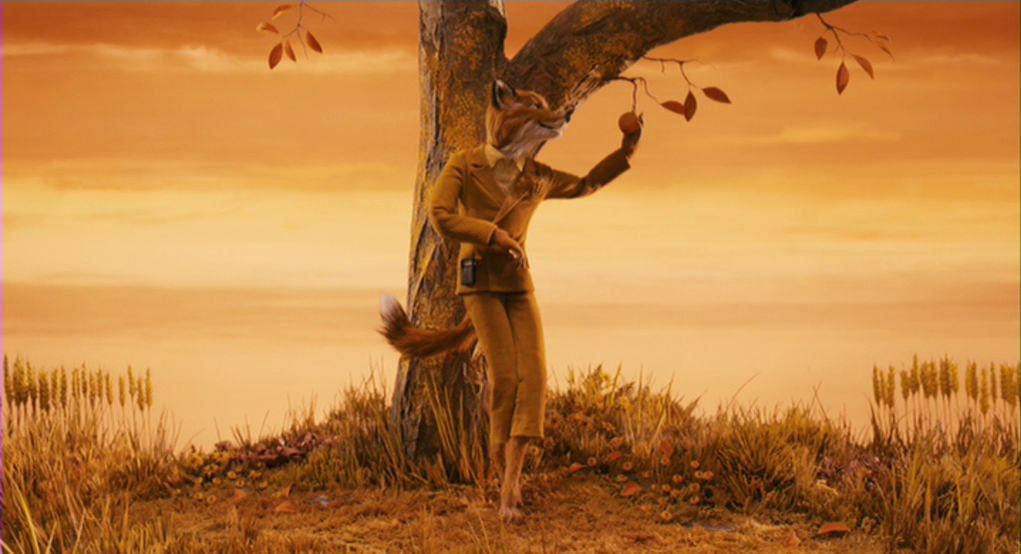
#1: Fantastic Mr. Fox (2009)Dir. by Wes Anderson
“I need everybody to think I’m the greatest, the quote-unquote Fantastic Mr. Fox. And if people aren’t knocked out and dazzled and slightly intimidated by me, I don’t feel good about myself.”
It took my fifth watch of Fantastic Mr. Fox for me to understand comments proclaimed by a peer of mine who wondered in response to my admiration for this underrated film and by extension my connection to its principal character, “Why do you like this movie? Why do you relate to him, he is an asshole!” Granted, I still admire Fantastic Mr. Fox and connect to Mr. Fox, arguably even more so, but now I am aware of how much the film impacted me — I have been blinded by its beauty and retentive by its relatability the first four watches to notice negativity.
One noticeable take away within Fantastic Mr. Fox is a sense of comfort. At the core of the stop-motion animation and offbeat adaptation of a picture novel by Roald Dahl, there is inevitable pleasure in characterization and cinematography. As a result, comfortable pleasure and pleasurable comfort are inescapable on-screen as a film and off-screen as a filmviewer.
The story follows Mr. Fox, a fellow ENTP to say the least, who faces boredom of rural rapture and longs for more excitement. Eager for an escape, Fox finds himself in eventual exile as his titular persona coexists with his animalistic tendencies and endangers arise. Marriage at risk, lives of family and friends at high stakes, and self-awareness at absence begs the question: who is at fault? Are the farmers who hunt Mr. Fox and force all of the neighbourhood creatures to hide underground to blame? Or rather, is the fantastic Fox who constantly feels the need to be clever and in control for better or for worse to blame? Perhaps both are at fault?
A creative script combines with a craftful style to construct Fantastic Mr. Fox to be a feel-good artwork full of immense talent ranging from voice acting to brilliant screenwriting. Upon viewing, the audience easily remembers what is happening of which is the act of spectating a work of fiction. Despite being obvious fiction, there is clear truth in its creation. Likewise Mr. Fox over the course of the tale, the observer ponders a universal life experience over the course of the watch: to live with human instincts, yet behave with wild tendencies. The duality of person and beast is depicted on-screen as well as it is applied off-screen, and there is comfort in knowing that the case is the same for all individuals, that to exist is to oftentimes possess a state of uncertainty in regard to who one is. There is comfort in knowing others are unsure of what sort of creature they are meant to be. There is comfort in knowing Mr. Fox, you, and I are no exceptions.
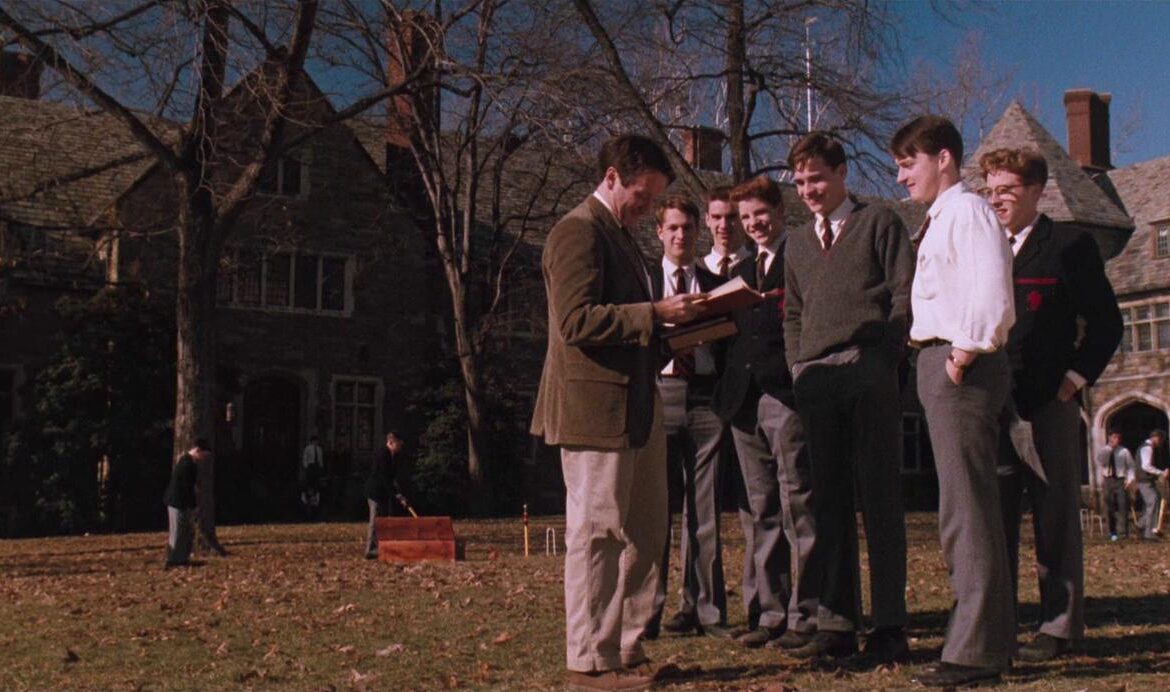
#2: Dead Poets Society (1989) Dir. by Peter Weir
“Medicine, law, business, engineering, these are noble pursuits and necessary to sustain life. But poetry, beauty, romance, love; these are what we stay alive for.”
Dead Poets Society is a coming-of-age story like no other, in spite of its representation of solely white men, due to charm and timelessness. Subject to thought-provoking dialogue in deliverance by transformative performances, the film promotes the message to seize the day. What is being if not constant rediscovering, unorthodox learnings, and independent existing?
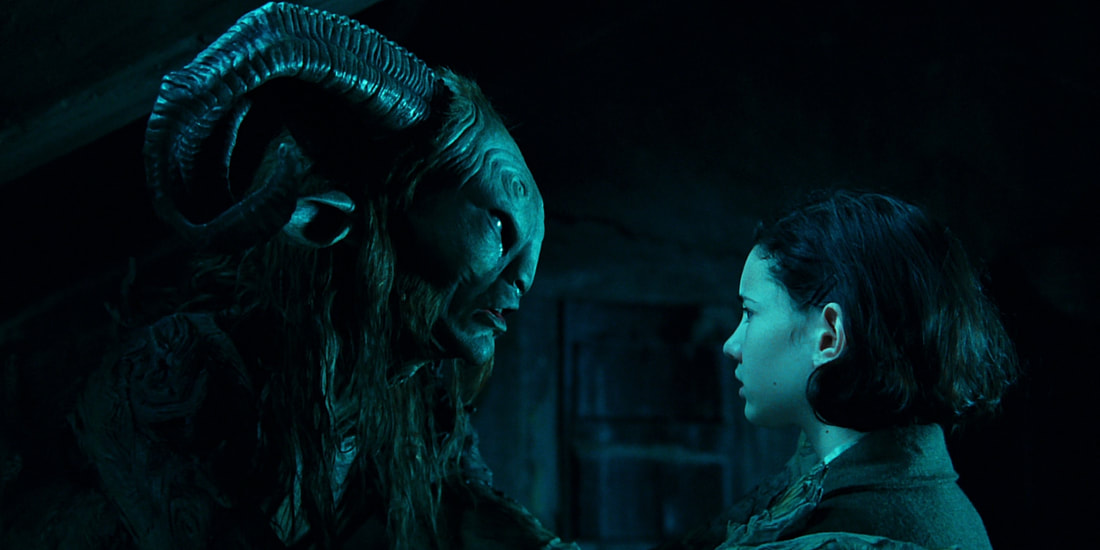
#3: El Laberinto del Fauno/Pan’s Labyrinth (2006) Dir. by Guillermo del Toro
“It is in pain that we find the meaning of life, and the state of grace that we lose when we are born.”
Guillermo del Toro is a modern auteur and this is most evident in his foreign-language visionary Pan’s Labyrinth, as his captivation of dark creativity is strangely beautiful and beautifully strange. This film is special with lessons that vary in its fantasy and war nature: imagination and death are the only options to overcome horror, there is magic in the worst moments, moral disobedience is important, or even the classic fight of good versus evil through explicitly Spanish democratic forces against Nazi fascist ruin.
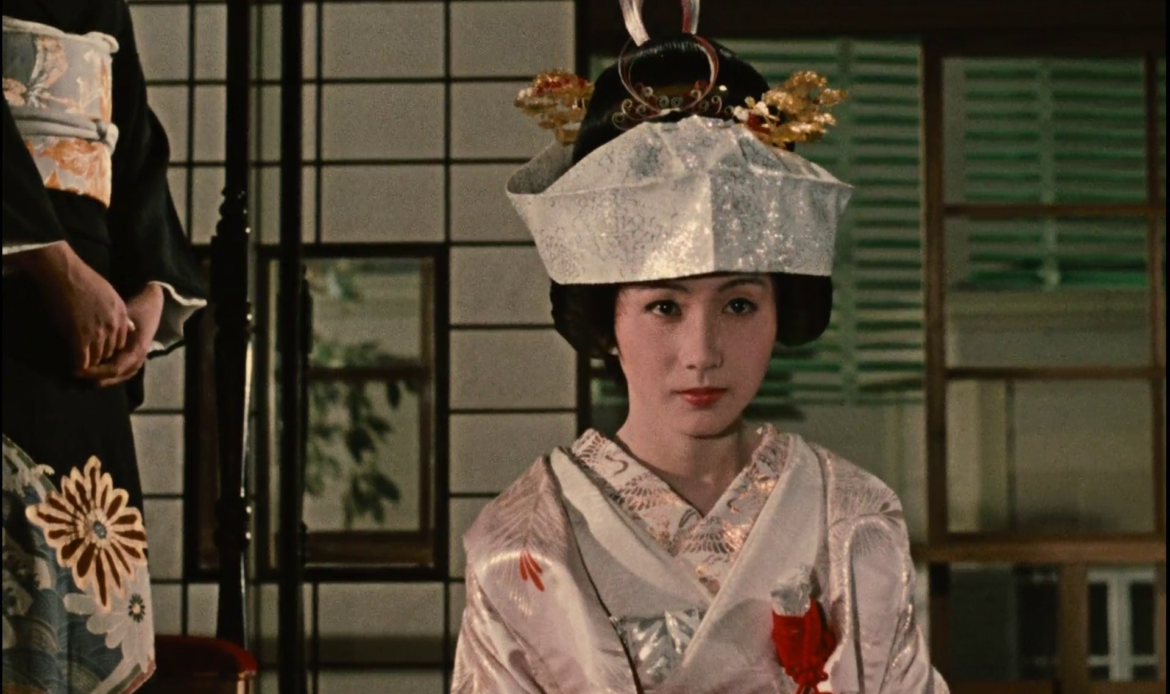
#4: 秋刀魚の味/An Autumn Afternoon (1962)Dir. by Yasujirō Ozu
“In the end we spend our lives alone… all alone.”
An Autumn Afternoon was the final film Ozu made before he died in 1963. By the close of his career Yasujirô Ozu had developed a unique signature impression — one that depicted loneliness, family, dependence, and relationships so distinctly as to be able to romanticize raw everyday existence. With this film, there is a balance of simplicity and complexity. With this balance, there is a glance at transformations amid traditionalism and modernization. With this series of transformations, post-war Japan mirrors human nature as both undergo personal and societal shifts that range from economy to family.
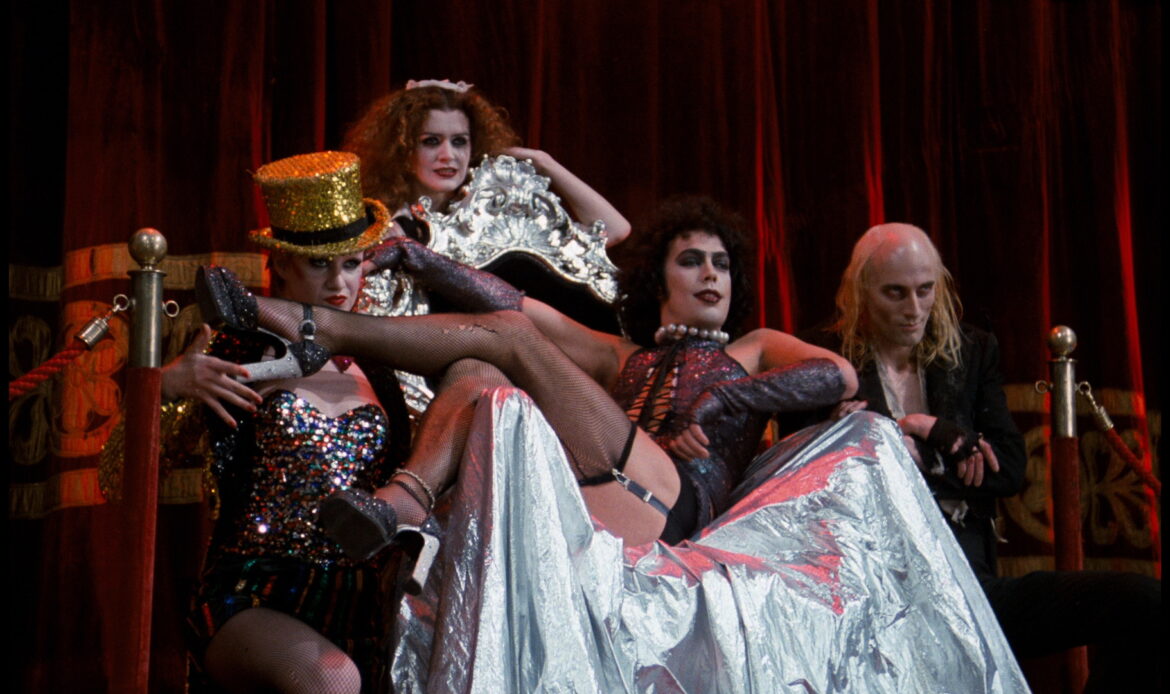
#5:The Rocky Horror Picture Show (1975)Dir. by Jim Sharman
“And crawling, on the planet’s face, some insects, called the human race. Lost in time, and lost in space… And meaning.”
A campy controversial cult classic about sex, songs, and social norms. The Rocky Horror Picture Show showcases two lovebirds whose car breaks down in the rain near a castle and their night that follows at a party inside the castle. Crossdresser Dr. Frank-N-Furter is the host and his bizarre entourage are the guests all of whom delve deep into themes of sexuality and individuality through a psychedelic journey. This film encounters a night that celebrates the odd, the outcasts, and the outsiders while inspires dreamers, doers, and dancers.
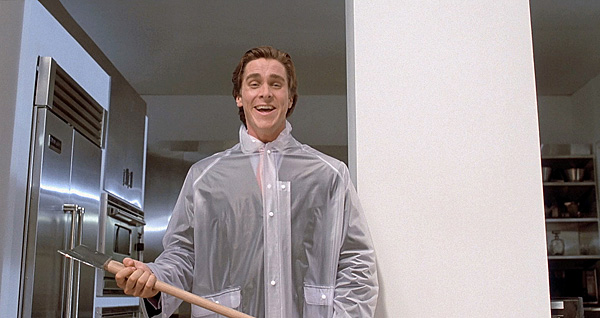
#6: American Psycho (2000) Dir. by Mary Harron
“I think my mask of sanity is about to slip.”
American Psycho introduces protagonist Patrick Bateman and transforms not only lead actor Christian Bale, but the viewers too. The film is a satirical take on the world of Wall Street business executives — the young, the rich, and the arrogant. Ironically, the film presents itself to appeal to the very same men it mocks; and even does so successfully today. The horror thriller tackles a horror thriller in itself: toxic masculinity. ‘Quotable, but unrelatable’ is the ideal thought one has after an American Psycho watch in reference to Bateman. Unfortunately if relatable, one has a psychopathic ego and illogical fantasies. Fortunately if quotable, one understands the commentary on sexual obsession, fragile shallowness, and cultural decline on the basis of capitalistic patriarchy.
Honourable mentions: Us, Donnie Darko, Monster House, Harry Potter and the Philosopher’s Stone, The Addams Family, Knives Out
